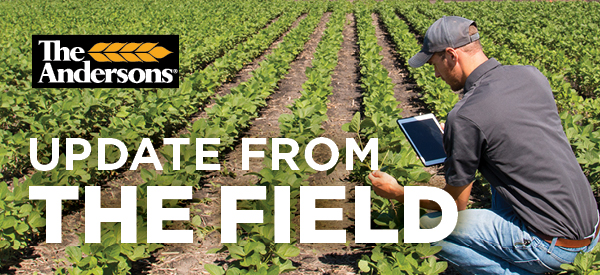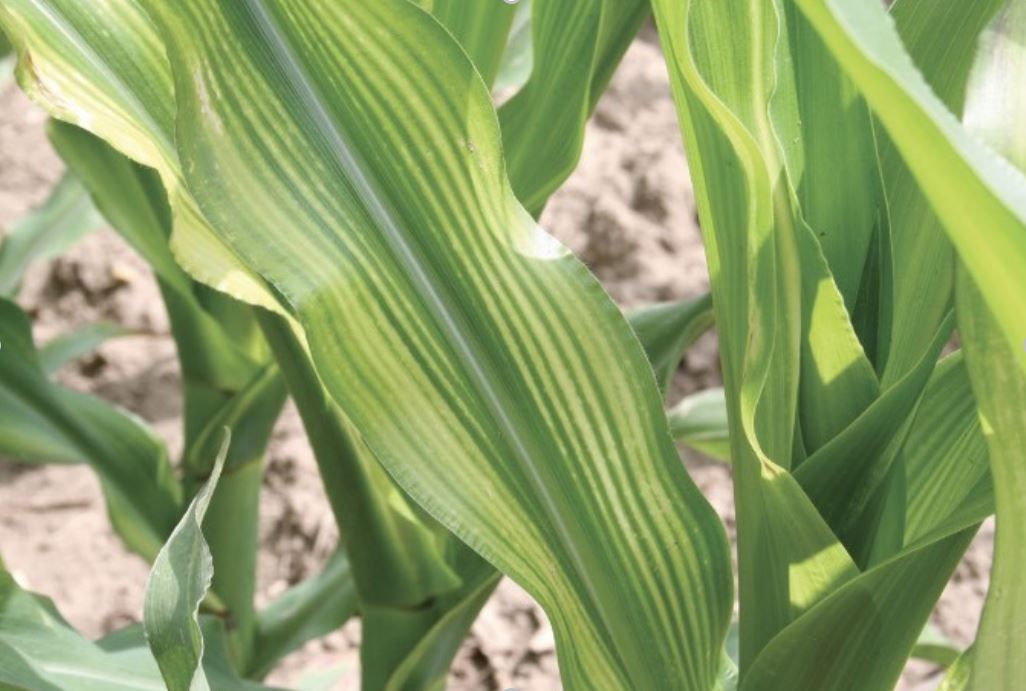Update from the Field: Mighty Micronutrients
Posted by Dave Dyson, Agronomist on January 20, 2021

There are seven essential micronutrients required for crop growth and needed in relatively small quantities. Even though micronutrients are needed in small quantities, they directly affect crop growth and yield. Of these seven, zinc is considered one of the most important. It is essential to apply zinc on every acre, and multiple applications of zinc are sometimes necessary due to the immobility of zinc in the plant.
Zinc was one of the first micronutrients recognized as essential for plants. Although zinc is required only in small amounts, high yields of corn or wheat are impossible without it. Within the plant, zinc is responsible for protein synthesis and growth regulation. As a result, zinc directly affects the plant’s ability to metabolize nitrogen. A zinc-deficient plant will have reduced hormone production, causing stunted growth. Visual symptoms of zinc deficiency include white interveinal stripes that will extend from the leaf base to the tip, while the leaf tips, edges, and midribs remain green, Figure 1. Deficient plants will have shortened internodes and, if cut open, they will appear to have a purple to brown color. All the deficiency symptoms will first appear on the younger leaves, since zinc is immobile within the plant.
Figure 1: This picture from the 2017 Purdue field scout guide shows zinc deficient symptoms.
A & L Great Lakes Laboratories digitally charts soil tests from around the Corn Belt going back to 1996. There has been a steady decrease in the average zinc soil test values since 1996. In 2019, about 50% of all agricultural soil tests submitted to the lab for analysis were deficient in zinc, Figure 2. Soil test levels of 5 ppm or lower may not be considered deficient but adding zinc to these cropping systems will still have a positive response. Roughly 80% of all soil tests have zinc levels that will respond to an application of zinc.
Figure 2: This chart from A&L Great Lakes Lab shows the steady decline of zinc in the soil test. It also illustrates 50% of samples are deficient in zinc.
To prevent and combat zinc deficiency, The Andersons has several products to fit any delivery method a producer prefers. Tri Z™ provides three types of zinc: zinc sulfate, zinc ammonium chloride, and zinc EDTA to the crop. A combination of these sources provides 12% zinc that is very stable when stored with a high polyphosphate fertilizer for an extended period of time. Tri Z™ Pro, with the addition of 5% sulfur and acetate, provides 13.5% zinc and superior stability when stored with a high polyphosphate product. The acetate in Tri Z Pro accelerates root growth and provides the plant with more opportunities to retrieve water and nutrients throughout the growing season. UltraMate® Zn provides the nitrogen stability properties that we have come to expect when using a humic acid. The application of UltraMate Zn also provides the additional benefits of zinc. UltraMate Zn is an excellent addition to UAN applications during the upcoming wheat topdress season. It is beneficial to include UltraMate Zn with UAN applications both during a weed and feed application and a sidedress or Y-drop application to corn.
In conclusion, zinc may only be required in small amounts, but it contributes a mighty amount to the yield of the crop. According to A & L Great Lakes laboratories, over 80% of the cropping acres in the Corn Belt will respond to an application of zinc. The Andersons has a diverse portfolio of zinc products that will fit into any producer’s operation.
FOR MORE INFORMATION:
Please complete the form, and we’ll get you in touch with your Territory Manager from The Andersons.

Dave Dyson is a regional agronomist for The Andersons’ Farm Centers which are located throughout Ohio, Michigan, and Indiana. He is an Indiana native and grew up on a dairy farm in Miami County. A graduate of Purdue University with a degree in Crop & Soil Science, Dave has a deep knowledge of various agronomic topics and is committed to helping growers improve their crops. If you have any questions, Dave can be reached at david_dyson@andersonsinc.com.
© 2021 The Andersons, Inc. All Rights Reserved. Tri Z is a trademark of The Andersons, Inc. UltraMate is a registered trademark of The Andersons, Inc.




